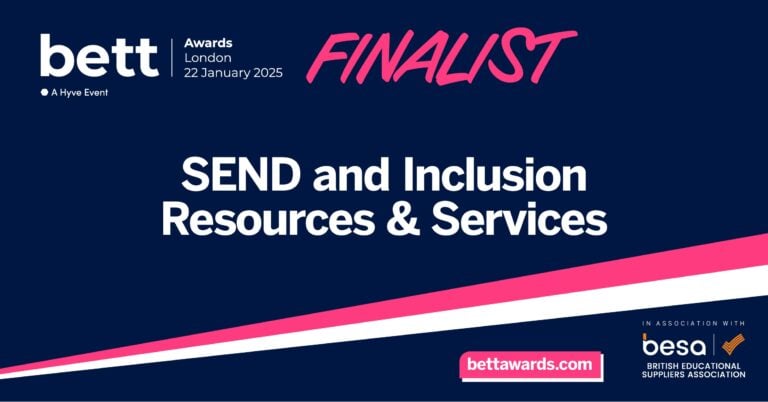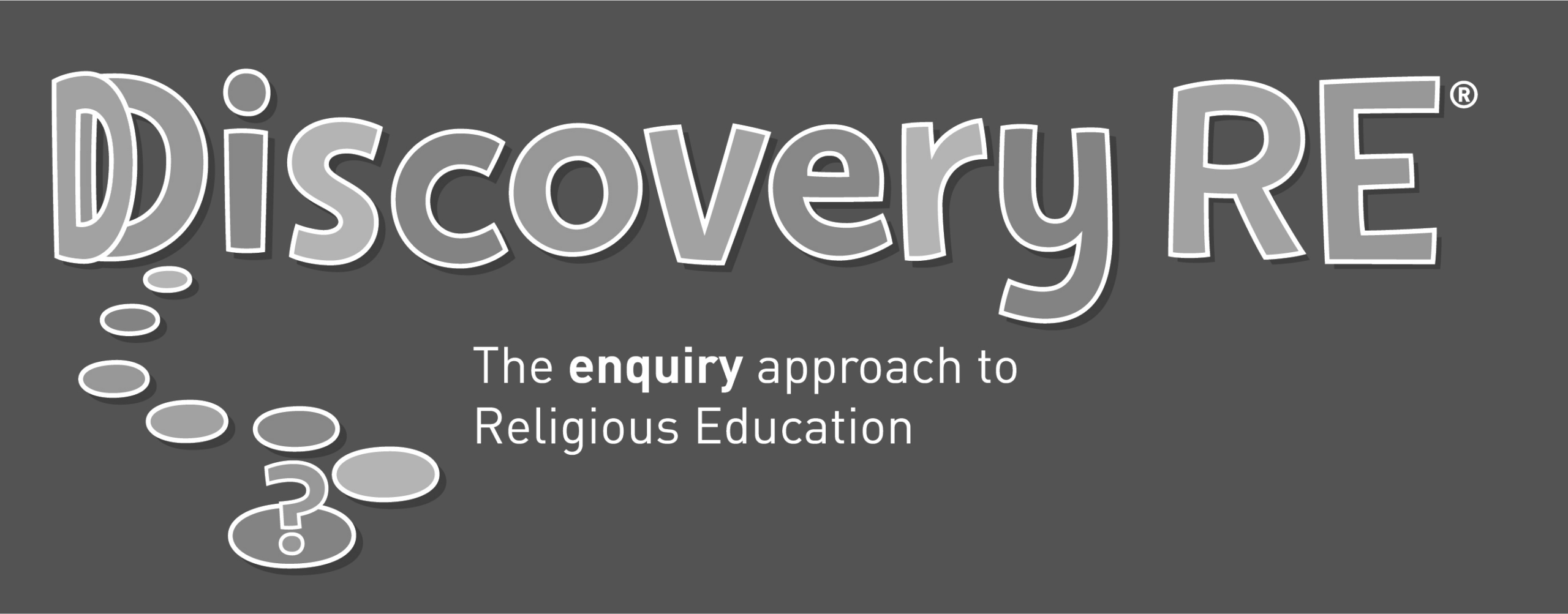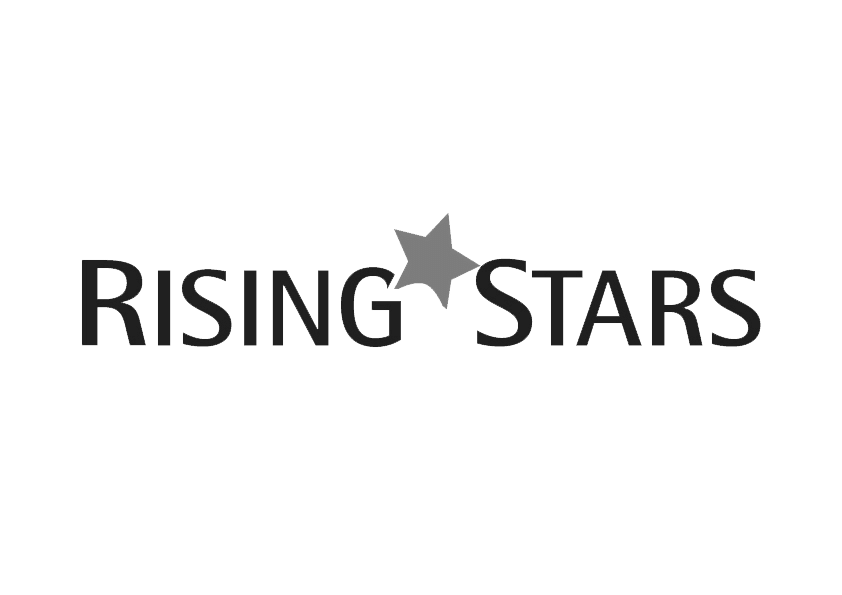Do we really need statutory sex education in primary schools?
This week’s guest blogger Richard Palmer, Senior Consultant with Jigsaw PSHE/ Discovery RE, tackles the issue of whether statutory Relationships and Sex Education are necessary within Primary Schools. Jigsaw PSHE and Discovery RE are in partnership with Educater with Discovery RE assessment statements already available for schools to use within Educater and Jigsaw PSHE assessment statements to be added later this year.
On 27th April 2017, the Children and Social Work Act achieved Royal Assent. One of the requirements of the Act was the introduction of statutory Relationships and Sex Education (RSE) in schools. Since then the DfE have undertaken a consultation process, produced draft guidance, and we now anticipate the publication of the final guidance; estimated early 2019.
Many of the schools I visit in my role as a PSHE consultant have yet to realise this new duty will be incumbent from September 2020.
Currently in primary schools there is no requirement to teach Sex Education, unless it is within the Science curriculum, which is statutory. The national curriculum for Science is extremely vague in this respect, and as such, a ‘loophole’ exists which means that many primary aged children receive no age-appropriate sex education before they transition to secondary school.
The DfE’s draft guidance seeks to rectify this by outlining a statutory programme of study for Relationships and Health Education, and an attempt to close the ‘loophole’ regarding Sex Education (including naming body parts, puberty, conception and childbirth). Whether this will be effective is still up for debate given the contradictory nature of the draft guidance in places.
However, this is where I will ‘nail my colours to the mast’. Regardless of what the eventual DfE guidance does or doesn’t say, I believe that all children and young people need age-appropriate Relationships and Sex Education. Opponents to my view often say that RSE ‘sexualises’ children too early. It is usually at this point I ask them to reflect on the 21st Century world that our children inhabit, and how it is radically different from our own experiences growing up.
For example, take a look at the Christmas and New Year period, where the TV is bombarded with perfume and cosmetic adverts, alcohol adverts and ‘hard-hitting’ story lines on soaps and daytime TV. If you then add in the unfettered and often unregulated world of the internet and social media which promulgates stereotyping, celebrity ‘culture’ and peer-pressure, I believe it is this combination of factors that ‘sexualises’ children, and not Relationships and Sex Education.
My 9-year-old niece recently asked me what ‘fakin-it’ meant after finally working out the lyrics to Little Mix’s hit, ‘Shout Out to my Ex’. Fortunately, her school uses Jigsaw PSHE which is an effective spiral PSHE programme, so I was able to answer her question, simply and age-appropriately.
To me this served only to exemplify my point that children, whatever we do to ‘keep them innocent’, will inadvertently pick up language and concepts of the adult world and try to make sense of it all. A very British response would be to say something like, “I’ll tell you when you’re older…”. But all this does is fuel curiosity and the need to explore. Children and young people are inherent risk-takers which is a natural part of the learning process and child-development. By taking away the mystery of RSE, we can reduce risk-taking behaviour regarding negative health and wellbeing outcomes. Countries that have taken this approach have lower levels of teenage pregnancy, lower rates of sexually transmitted infection rates in teens, and less drug and alcohol misuse in young adults. Surely this is the way forward?
I also believe that the ‘traditional’ approach I still see in many primary schools, where sex education is left to the end of the summer term in Year 6, has become outdated. I remember teaching such lessons myself because that was how it was laid out in the school’s sex education policy at the time. Most of the lesson was spent trying to calm the children’s hysterics because I’d used ‘rude’ words. Many of the girls in my Year 6 classes had already started puberty. This old-fashioned approach to RSE did not serve these children well and I would like to see it replaced by a progressive and spiral learning programme in every school.
In my 25 years working in primary education, I have often opposed Government education policy, but on this occasion, even though I believe the eventual guidance will be imperfect, it is wholly better than what we have now.
Author: Richard Palmer










